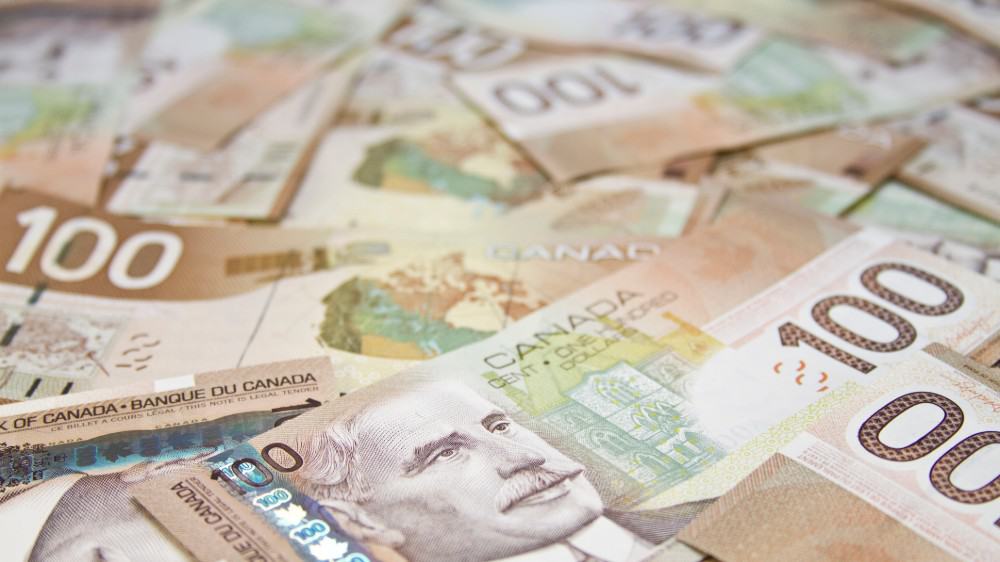According to a recent Royal Bank of Canada (TSX:RY)(NYSE:RY) poll, about 42% of Canadians use their TFSAs to hold cash. At first glance, this makes sense. I personally have heard people say that they use their TFSA as an emergency fund. You keep the cash in there, collect the interest tax-free, and pull out the money when you have an emergency or want to do a house reno.
There’s only one problem. This is seriously underutilizing your TFSA, setting back your dream of a wealthy retirement by years.
For one thing, think about how pathetic interest rates are at the moment. Even if you had the entire $65,000 collecting interest at 2.75%, the highest short-term rate I found on a savings account at the moment, you would collect about $1,787 every year. While that sounds like a decent, safe sum, it is far less than you could get if you were to invest in another way.
After all, the situation above assumes what is one of the highest rates of return you can get at the moment from most bank accounts. I’m willing to bet that you are not getting a much higher rate than 1% from your savings account, which would reduce your income to $650. You can’t get much of a reno done for that amount, I’m afraid.
If you really want to build wealth, a better strategy is to invest in stocks. Yes, I know, you don’t want to lose money in the volatility of the market. You know what, though? You already are if you put your money in “safe” investments like a savings account.
That is because inflation is slowly eating away at your investments. If you are getting a return of 1% in your savings, that means you are actually losing 1% of your money a year due to the fact that the inflation rate sits around 2%.
That’s right, by choosing the “safe” method of savings, you are guaranteed to lose money through lost purchasing power over time. Even if you get a high rate of 2.75%, you are making less than 1% after inflation in purchasing power.
Stocks may be more volatile, but they are much better at meeting your inflation-adjusted needs over time. If you buy shares in a company like RBC, for example, you will be getting a yield of 4% as of this writing. That return allows you to beat inflation much more effectively than the savings account.
Bank stocks also have a reputation for raising their dividends over time, increasing their inflation-beating powers. In May, RBC increased its quarterly payout by 4%, further helping this income-generating stock outpace inflation.
This stock has another benefit that eludes savings accounts. Royal Bank’s share price tends to appreciate over time. Over the last five years alone, RBC’s share price has appreciated by over 24%. Your savings account won’t do that.
Don’t waste your wealth-building TFSA
Of course, investing in stocks can be nerve-wracking, with share prices going up and down sometimes rapidly. If you think of stocks as long-term income generators, however, and savings accounts as long-term money-losing vehicles, it becomes apparent that the short-term volatility is a worthwhile inconvenience.
Besides, after years of collecting income while watching the share prices grow, you will be able to sell your shares tax-free in your TFSA. You won’t just get your own money back, but you will get all the additional wealth those growing assets have provided for you as well.










